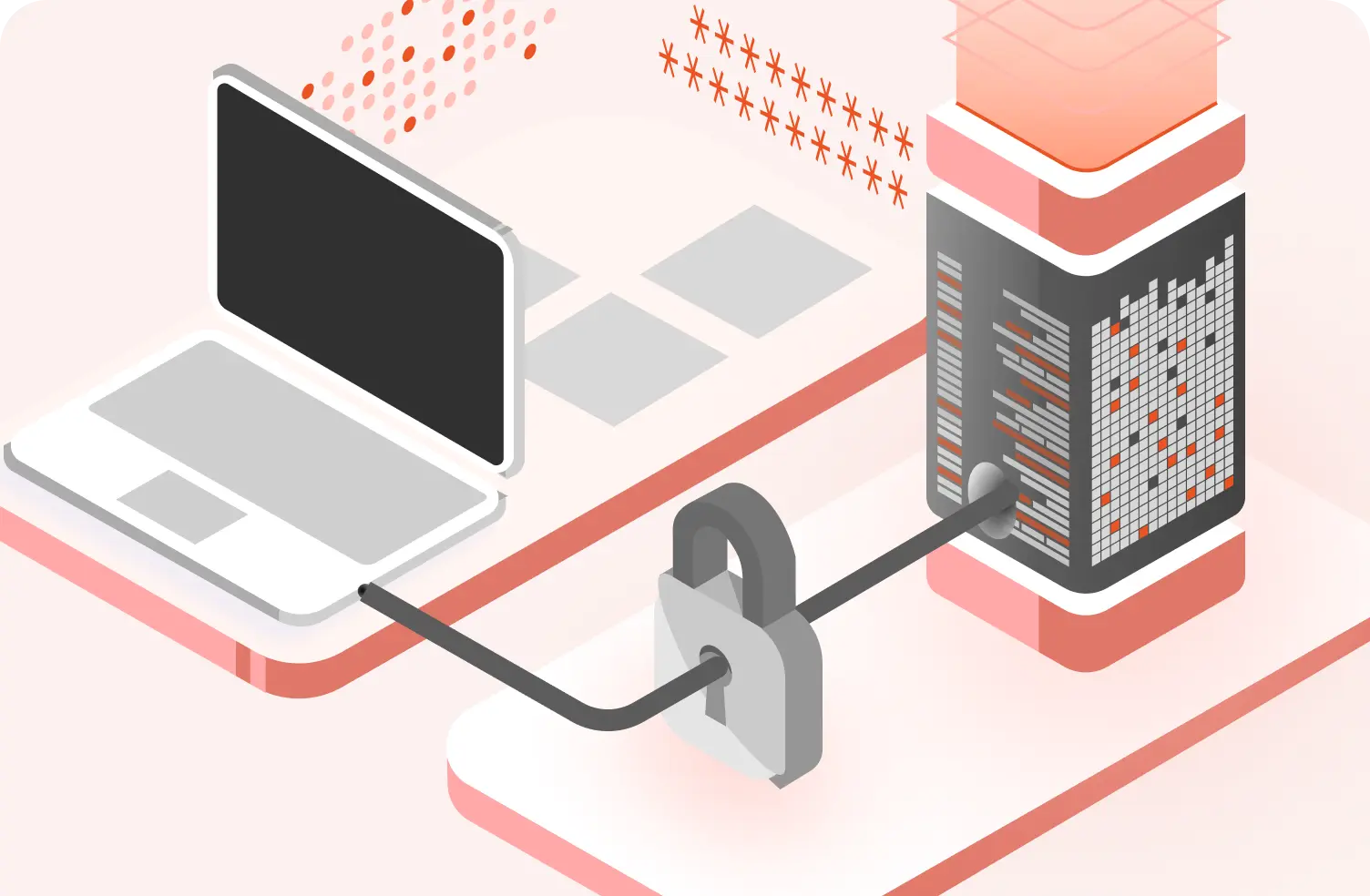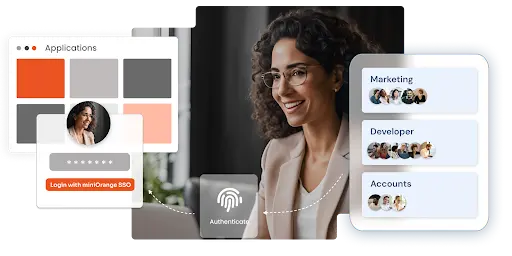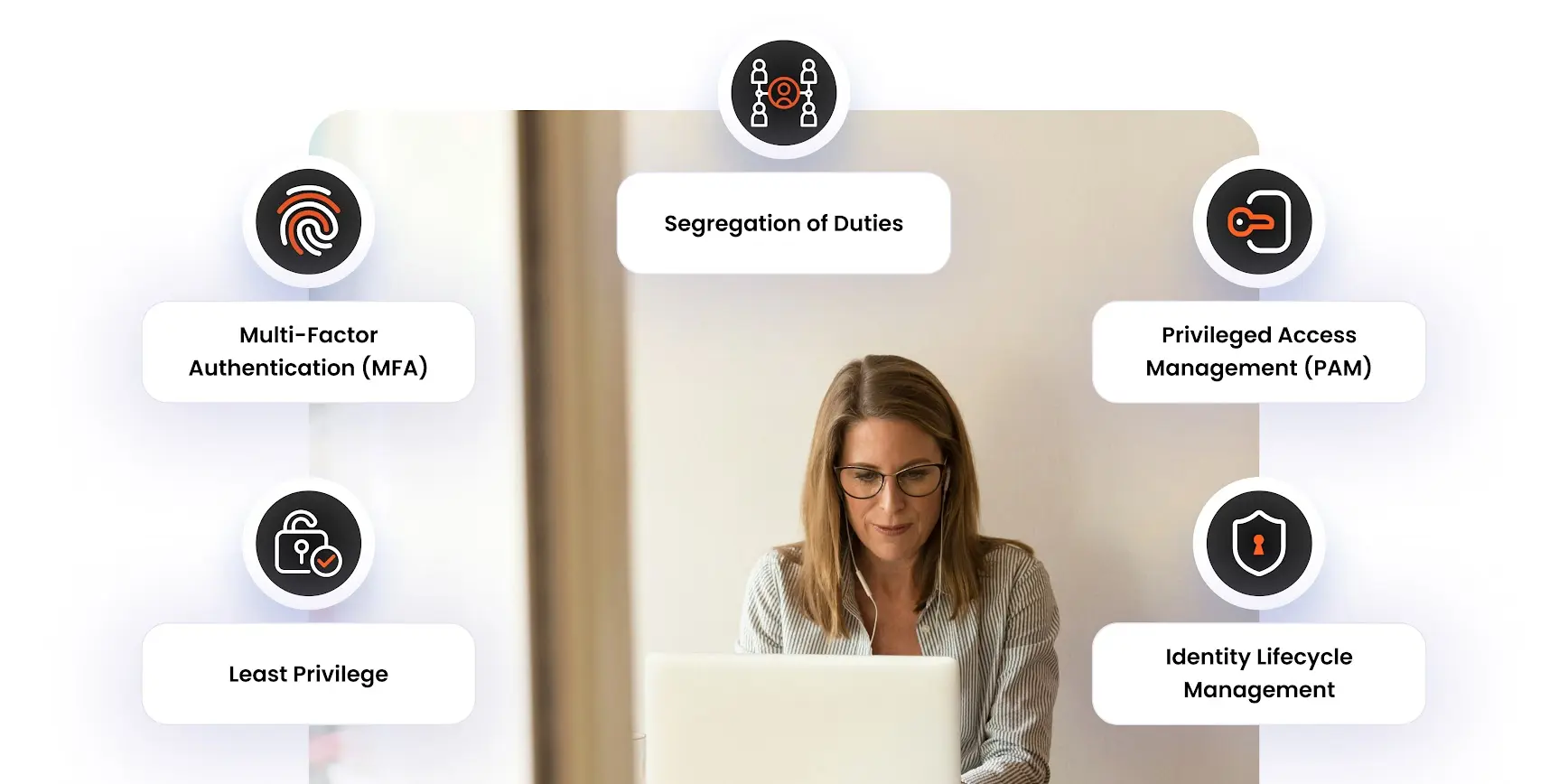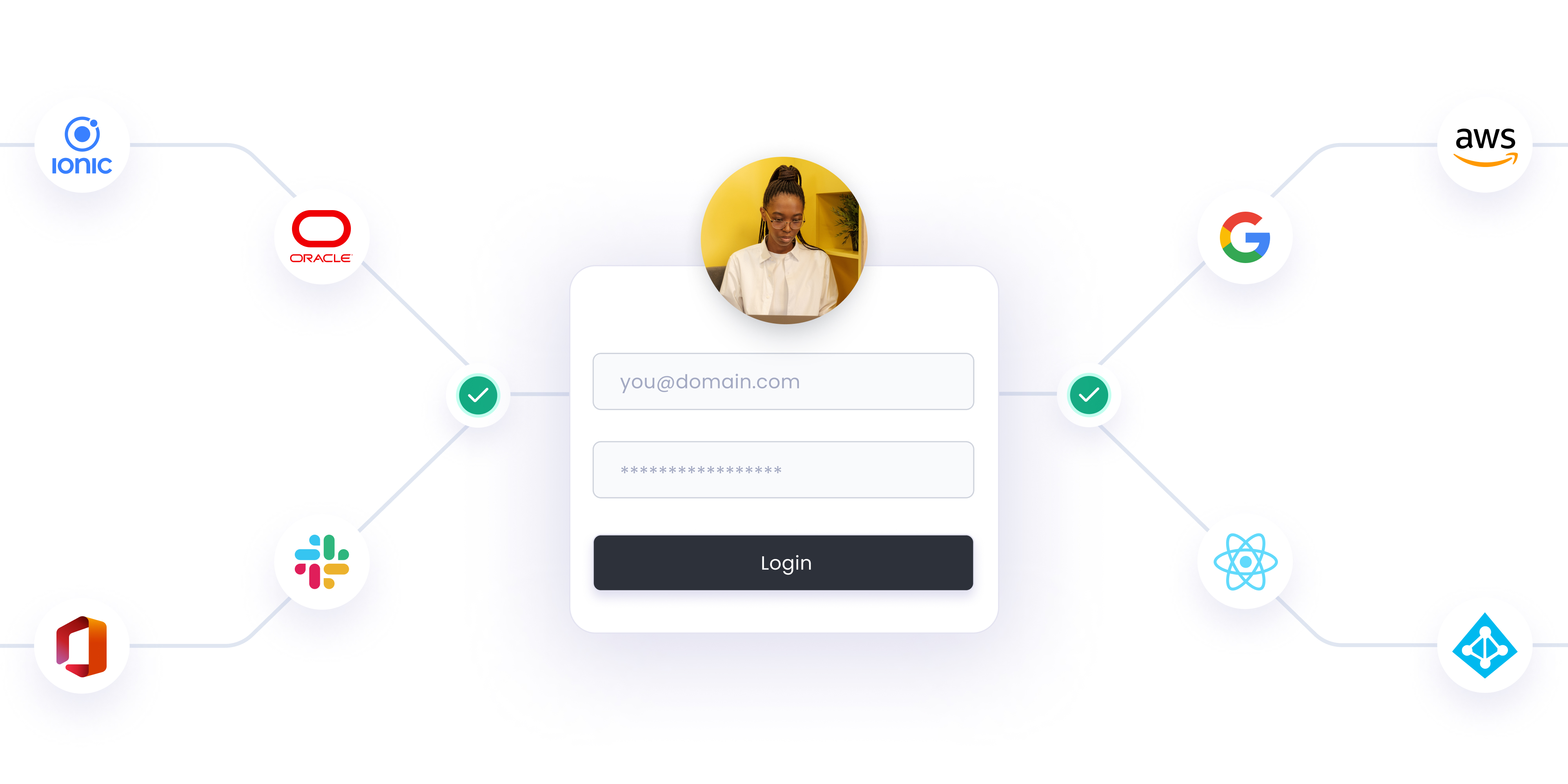With the news that ‘RSA Access Manager’ (and previously known as ClearTrust), would reach end-of-life (EOL) status in June 2021, RSA Access Manager customers are looking to migrate to another Identity and Access Management (IAM) platform.
Migrations are most successful when handled with the best methods and planned approach. miniOrange is taking all these issues like cost, MFA methods & providing support to all organizations for easy and free migration from RSA Access Manager. miniOrange Identity platform ensures that organizations benefit from the use of its solution by ensuring their RSA tokens can coexist with their miniOrange Identity Platform deployment until all users are fully migrated.
miniOrange IAM with advanced Data Model
miniOrange provides a solution to the migration path for RSA customers providing with smooth workflow process and a good user interface. Authentication is the most crucial and identity security solution to avoid much brute force, phishing attacks, credentials stuffing and secure access to the data for all workspace and customer authorizations.
miniOrange Two-Factor Authentication (2FA) helps you in authenticating users by verifying two different factors and ensuring the right set of authentication to your sensitive information and protect user identities on both cloud and on-premise.
With the increase of security risks across global organizations miniOrange updated the features with 15+ authentication methods includes a soft token, Hard tokens, Google, Microsoft, and miniOrange authenticators with various population integrations with OpenVPN, Fortnite, Windows, Sharepoint, Office 365, and many more.
In this era of Telecommuting, the MFA method of authentication features allows employees to safely access data from any device or location without putting sensitive data at risk. Having a second form of identification greatly decreases the chance of a hacker gaining access to corporate devices or other sensitive information. It makes less suspicious activity helps in managing cost on security than the other security factors to be considered.
What if Secure tokens are theft or Lost!
MFA is a driven process in current security practices compared to adaptive MFA. MFA follows a set design and has certain rules to be followed, concerning versatile validation, the end-client is a necessary part of the security cycle.
Adaptive MFA is a technique that MFA can be built and exploited in a way that the system will choose the validating multiple verifications based on a user’s profile which is considered as part of a boarding process for authentication, alternatively of applying risk assessment during the authentication process.
miniOrange knowledgeable adaptive authentication Identity provider system supports many broad set of modern mechanisms like Device Profile management, Geo-Location recognition, IP Network Context-based and more which therefore reducing the prospect of account blocking for your employees more than just the use of OTP tokens like RSA Secure ID, Symantec VIP.
miniOrange IAM, the best access manager rights to the corporate IT systems and Platforms. Moving behind user name and passwords miniOrange provides these types of authentications based on clients, devices, and locations, and a set of updated factors to verify any user.
Adding new apps and clients is simple, offering quick and ideal opportunities on migrating from the existing cloud and on-premise MFA outcomes. With seamless single sign-on and identity governance the board, miniOrange makes it simple to make sure about clients, devices, and applications.
RSA Access Manager vs miniOrange
| Features | RSA Access Manager | miniOrange |
|---|---|---|
| Infrastructure | Hardware, Software Infra | Enterprise Level |
| Support | Reliability & Support Issues | 24*7 Active Support |
| Update/Upgrades | EOL Announced | Continuously Update/Upgrades, Future Proof |
| Price | Costly | Best in the Market |
| Cloud Environment | No viable cloud strategy | Robust & best user experience |
| MFA Methods – Hardware Token | Through RSA tokens with per token cost | 15+ MFA methods |
Further Reading
Author





Leave a Comment